The Mavericks are so worried! Should they compete for the championship, or should they sell out Than Brows and Irving completely rebuild?
9:12pm, 18 May 2025Basketball
When the Dallas Mavericks unexpectedly won the No. 1 pick on the lottery night of the lottery, the entire league's attention was focused on Cooper Flagge, the quasi-no-no. 1 pick who was regarded as the ultimate answer by the rebuilding team and was extremely talented, but he looked unhappy. The Mavericks are not the team Flag wants to go to the most, and after the Mavericks got him, he was at a contradictory intersection: on one side is the "win-in-the-moment" lineup created by Davis and Kyrie Irving, and on the other side is the long-term vision brought by Flag. When Davis turns 32 and Irving is 33 years old and has a serious injury to the ACL, should the Mavericks break the original strategic blueprint and put the two superstars on the shelves and completely rebuild it? The answer may be far more complicated than the word "reconstruction".
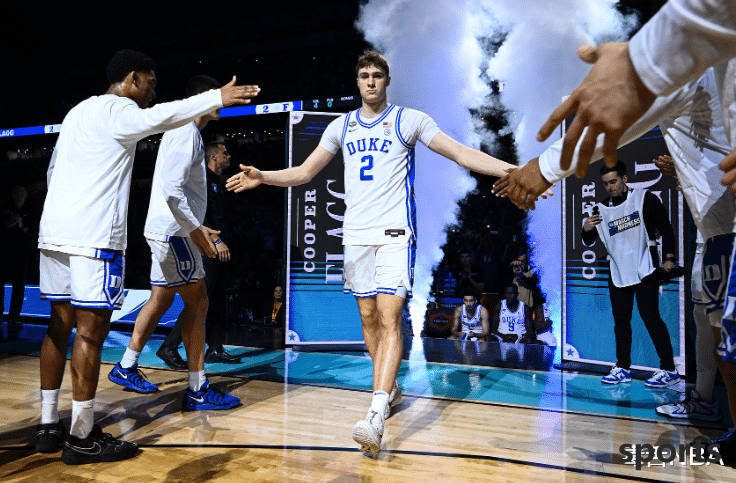
Judging from the strength on paper, the Mavericks' current configuration is luxurious. Davis is still the league's top inside offense and defense core. His average of 24.9 points and 12.5 rebounds per game last season proves that his fuel tank is still full of fuel; even though Irving experienced serious injuries, he is still the deadliest backcourt killer at critical moments; coupled with the new No. 1 pick Flag's defensive talent, Levley's potential for franchise protection and a number of high-quality role players, this lineup seems to have the confidence to compete for the championship. General Manager Nick Harrison's abacus is clearly heard: Use Flag to fill the last puzzle of the defensive system and strive for the championship while Davis is not yet aging. After all, when Harrison exchanged 25-year-old Doncic for 31-year-old Davis, he had already deeply bound his personal reputation with "winning the championship immediately".
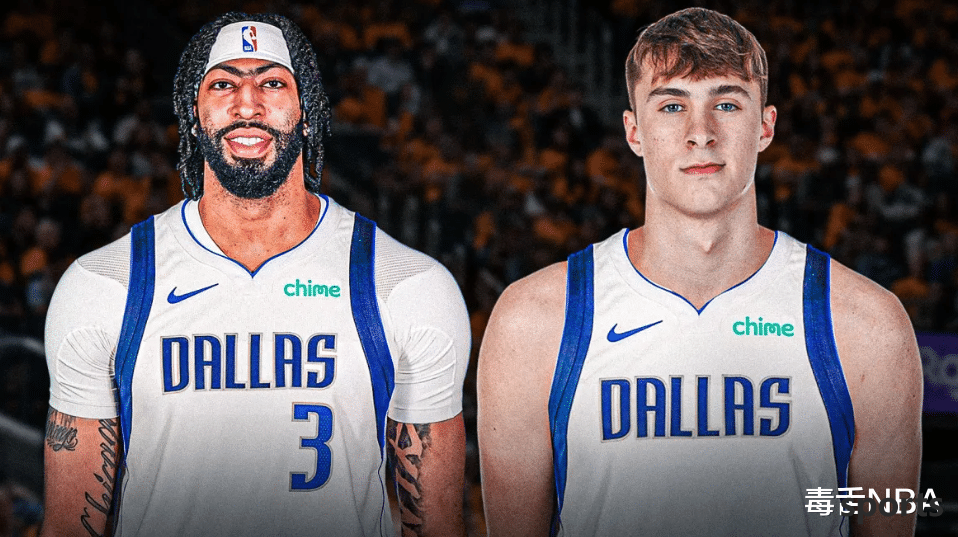
But the cruelty of competitive sports is that time never stops for anyone. Davis' contract will last until 2028, when he will be 36 years old, and the giants, who have historically proven to have both athletic ability and injury risks, often fall sharply after the age of 35. Secondly, it is not realistic to expect a short guard to immediately hit a super-sized level just after returning from a serious injury at the age of 34, and Irving's contract problem is even more difficult - the player option year and potential contract renewal negotiations have cast a shadow on the team's future salary flexibility. What's even more fatal is that the Mavericks lose control of all first-round picks between 2027 and 2030, which makes it impossible for them to obtain high picks by playing badly, and it is also difficult for them to use draft picks as trading chips to strengthen. When the halo of Davis and Irving fades, the Mavericks may instantly become a mediocre team with no superstars and no rebuilding resources.
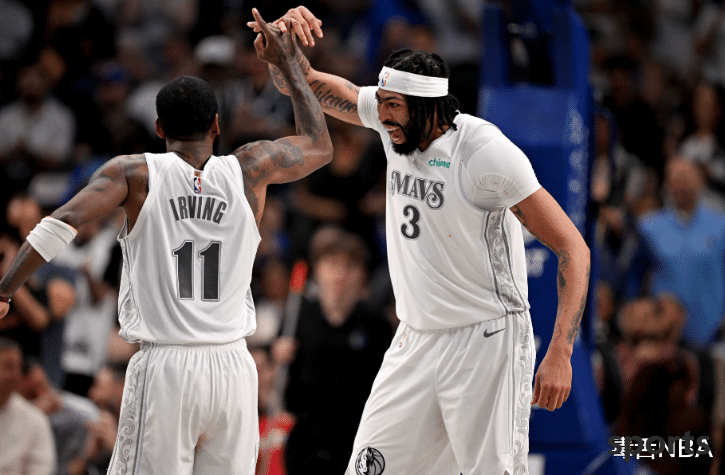
If you follow the traditional reconstruction logic, this may be the best time to sell Davis. The four-time best defensive player still has extremely high trading value: at least five teams in the league (such as the Thunder, Grizzlies, Cavaliers, Celtics, and Warriors) are in urgent need of inside pillars, and Davis's technical characteristics are enough to fit any system. The Mavericks could have blackmailed potential stocks like Jaylen Williams from the Thunder, or exchanged FMVP-level players like Jaylen Brown from the Celtics. If the operation is done properly, the Mavericks can even replicate the classic cases of the Celtics trading Garnett and Pierce, and exchange Davis for the capital for team building in the next ten years.
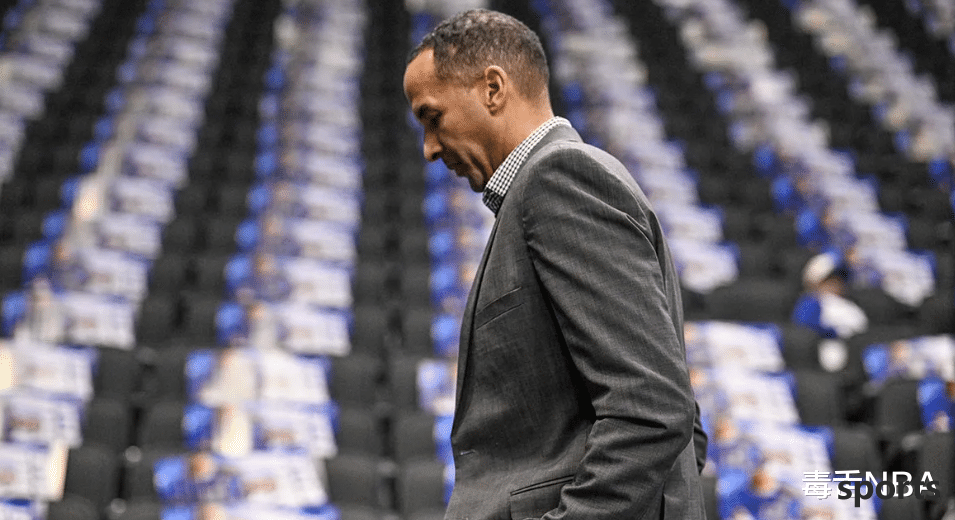
But the actual resistance is much greater than theoretical deduction. Harrison's management team has engraved the genes of "winning in the present" - they not only traded Doncic for Davis, but even made plans around the "three-year championship window" before this year's draft. Behind this path dependence is the management's urgent desire for short-term results: fans' anger caused by Doncic's departure needs to be calmed down by victory, sponsors need playoff box office to support the business territory, and Harrison's own professional reputation is even more tied to Davis. If you give up the championship and turn to reconstruction at this time, it is equivalent to admitting the complete failure of the Doncic transaction, which is unbearable for any person in power.
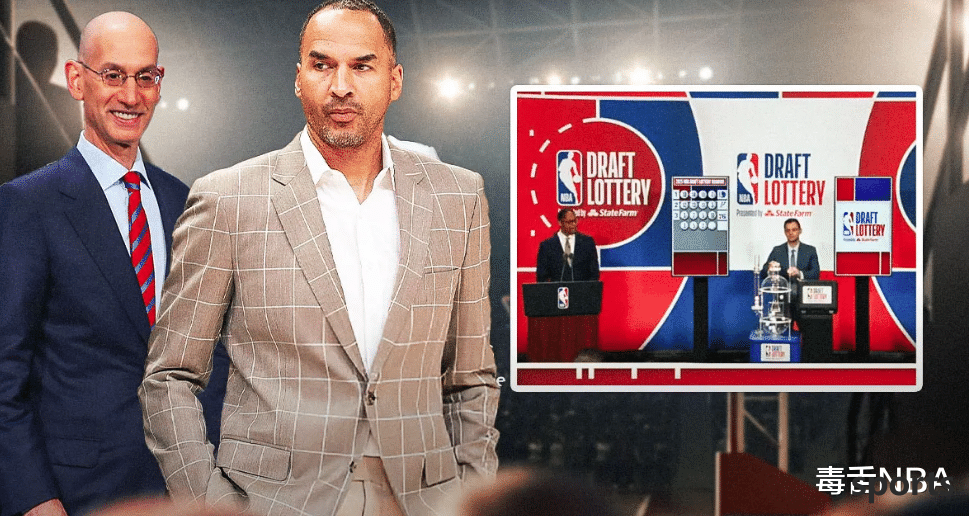
Another hidden dilemma is Flag's growth rhythm. Traditional high-couple rookies often hit the playoff threshold after years of training for weak teams, but Flag joins a team aiming at the championship. This means that he will be forced to skip the buffer period of "making mistakes - growth" and directly bear the pressure of winning the championship. Referring to Tatum's experience of entering the Eastern Conference Finals with the Celtics in the rookie year, this high-pressure environment may accelerate the growth of superstars, but may also destroy confidence - especially when the team suddenly loses competitiveness due to core aging, Flag's patience and loyalty will face the test. What is more worthy of attention is that the Mavericks' frontcourt is already crowded: Lefley and Gafford compete for the fifth position, and if Davis changes to the fourth position, it will squeeze the space of forwards such as Washington and Marshall. How to balance the contradiction between combat power and cultivating Flag is far more challenging to manage the wisdom of the management than whether to trade Davis.

Perhaps the compromise route is the more realistic choice. On the one hand, Davis is retained as the spiritual leader and core inside line and uses his surplus value to maintain competitiveness; on the other hand, he will trade supporting roles such as Gafford and Klay Thompson to exchange for young defenders or draft picks, and gradually optimize the lineup structure. For example, sending Gafford to the Lakers who are in urgent need of the inside in exchange for Reeves to relieve the pressure on the back line. If the Mavericks want to go further, they can even try to quote the Hawks Trae Young with Irving's expiration contract - the latter is six and a half years younger than Irving, and the contract period is more consistent with Flag's rookie cycle. No matter what, the Mavericks will usher in a new round of tests!
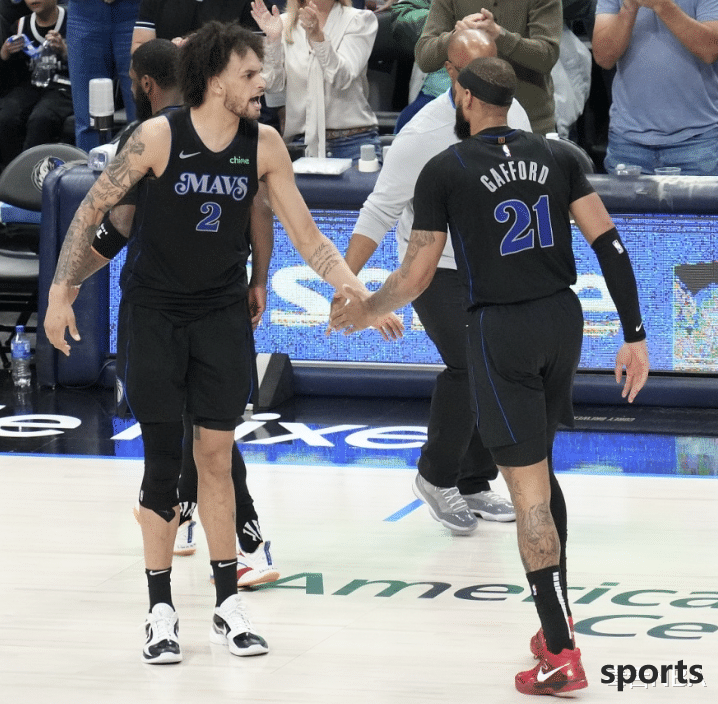
Last:Hot Show Q&A NBA s Strongest Player! Flagg and many others chose Jokic, Pettyford chose Harden
Next:11-14, What s scary is not that Curry is already 37 years old, but what he said today
Related Posts
- Break out of the contract to join the Israeli League? Westbrook denied the rumor!
- 16 points to 0 points! The Rockets starting lineup is adjusted again? The 21-year-old rookie completely defeated the minimum salary gate, and the perfect match was born.
- Knicks star Brunson talks about G1 of the Eastern Conference Finals: Halliburton is a difficult guy& he will be careful and defend
- The Knicks have already spoken, if you don t have a salary cut, you will leave
- 1 point defeat + lost the final shot! Hu Mingxuan smiled bitterly, but no one blamed him for 11 teammates, it was too heartwarming
- A young marginal player in the Rockets, the only highlight performance of the season, why did he turn a blind eye to Uduka
- Suddenly! The Lakers change hands! 10 billion! It’s dawn, no longer have to pick up rags?
- Durant pulled his hip! The Rockets narrowly beat the Mavericks 110-102, Thompson 27+5+4, Shen Jing 26+11+6
- 100% selected for the Hall of Fame Stars! Zhan Dukuha is well deserved, and the three major MVPs were unexpectedly lost
